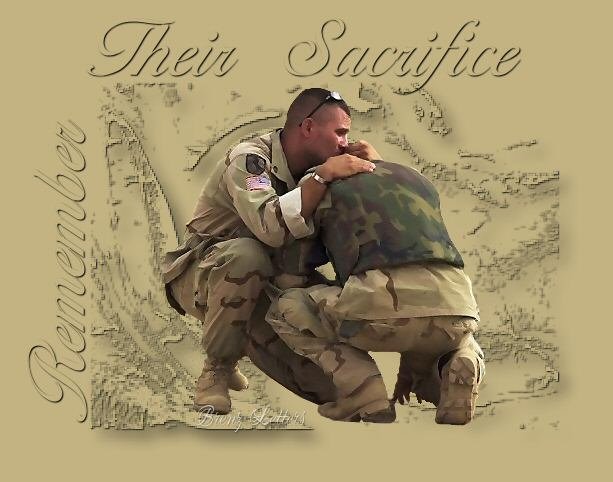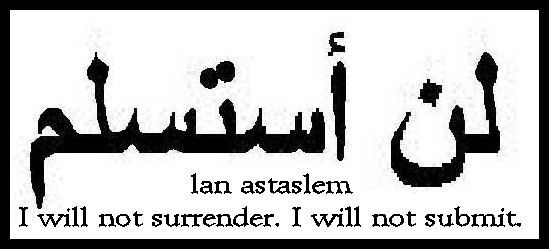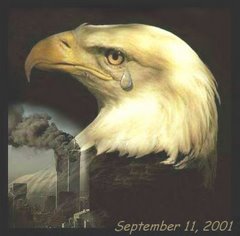Obligation to Prohibit Violence Based On Religion
Reaffirming also the obligation of
States to prohibit discrimination and
violence on the basis of religion or belief and to implement measures to guarantee
the equal and effective protection of the law,
violence on the basis of religion or belief and to implement measures to guarantee
the equal and effective protection of the law,
Are Egypt, Pakistan and Indonesia obligated to prohibit and punish violence against Christians and their churches based on the victim's status of not being Muslims? Who gives a damn about such an obligation? Who enforces it?
Instead, Muslims implement Allah's Jihad imperative, expressed in Surah At-Taubah 9.123, secondary to 9.29, to wage war neighboring Jews and Christians.
9:29.
Fight
against those who (1) believe
not in Allâh, (2) nor in the Last Day, (3) nor forbid that which
has been forbidden by Allâh and His Messenger (4) and those who
acknowledge not the religion of truth (i.e. Islâm) among the people of the Scripture (Jews
and Christians), until they pay
the Jizyah with willing submission, and feel themselves subdued.
9:123. O you who believe! Fight those of the disbelievers who are close to you, and let them find harshness in you, and know that Allâh is with those who are the Al-Muttaqûn (the pious - see V.2:2).
Who do Muslims obey: the United Nations which can
not enforce its edicts, or Allah who will damn them to eternal Hellfire for not waging war? 9:123. O you who believe! Fight those of the disbelievers who are close to you, and let them find harshness in you, and know that Allâh is with those who are the Al-Muttaqûn (the pious - see V.2:2).
Sphere: Related Content










































